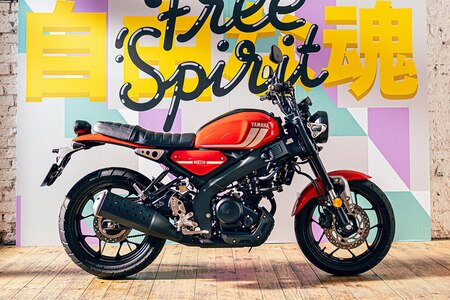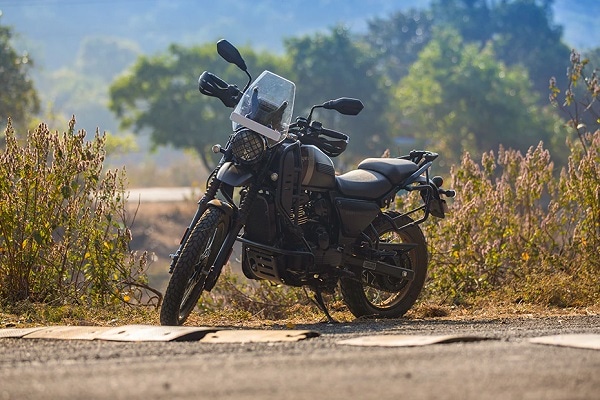NHAI considers increased fine on banned vehicles on Delhi-Meerut Expressway
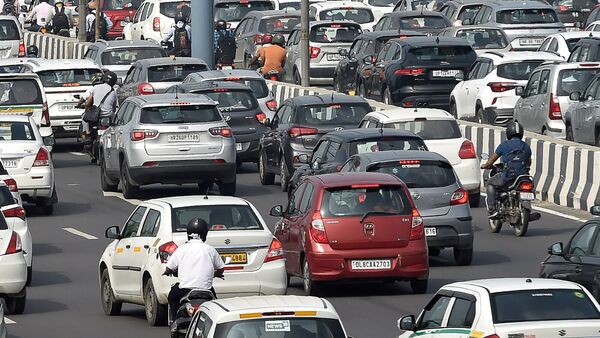

National Highway Authority of India (NHAI) is planning to make the Delhi-Meerut Expressway (DME) safer by increasing the fine on banned vehicles. The expressway does not allow two-wheelers and three-wheelers to ply. The NHAI, along with the local authorities are planning to increase traffic fine by 20 times in an effort to deter two-wheelers and three-wheelers among other banned vehicles to stay off the expressway. The fine on flouting this traffic rule on DME is currently ₹1,000.
The 60-km last stretch of Delhi-Meerut Expressway, which connects Ghaziabad with Delhi at Akshardham Temple, is one of the busiest sections on the road. People commuting between these two places often take the expressway to avoid traffic jams. While the service lanes allow smaller and slower vehicles, the main stretch of the expressway is out of bounds for scooters and bikes. The speed limit of vehicles on the main stretch from Ghazipur intersection towards Meerut is 100 kmph.
Also check these Bikes
Two-wheeler and three-wheeler vehicles are often seen flouting the traffic rule and plying on the stretch closer to Delhi-NCR. There have been a few fatal accidents on this section of the Delhi-Meerut Expressway in recent past. Last week, an 18-year-old girl along with two others lost their lives when an unidentified vehicle hit a two-wheeler. The incident once again raised questions over poor implementation of traffic rules on the Delhi-Meerut Expressway.
The NHAI and local police authorities feel that increasing the fine from ₹1,000 currently to ₹20,000 will help to keep the two-wheelers and three-wheelers off the DME. A final decision on increased fine is expected before the second week of this month. The new rule will be applicable soon after.
The Delhi-Meerut Expressway was opened for public on April 1 this year, three years after Prime Minister Narendra Modi inaugurated it in May 2018. The project has been developed at a cost of ₹8,346 crore, Delhi-Meerut Expressway promises to cut down distance between the two cities drastically from about two hours to just 45 minutes.







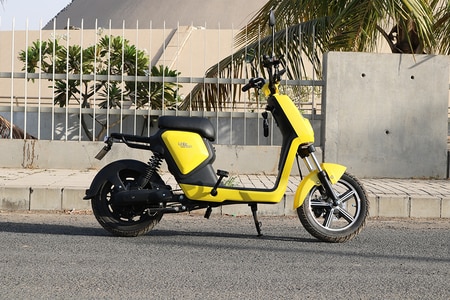
 60 km/charge
60 km/charge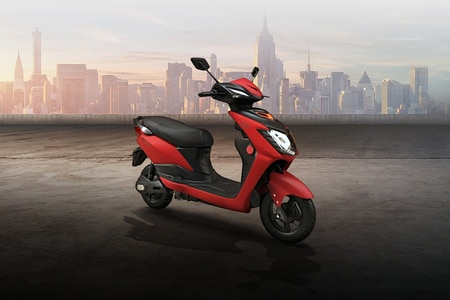
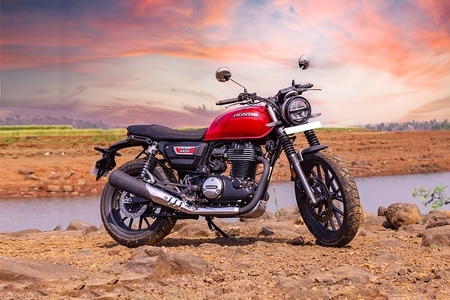
 348.0 cc
348.0 cc 36.0 kmpl
36.0 kmpl